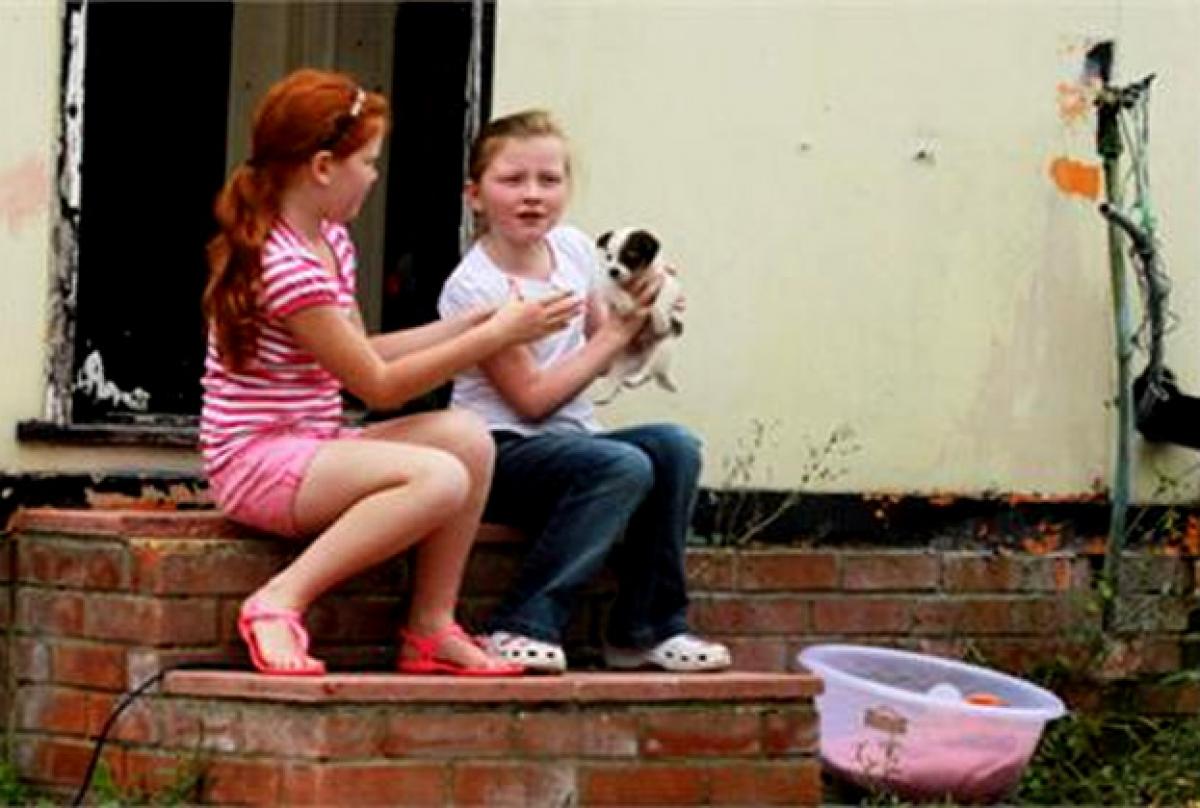Live
- ‘Art from Garbage’ exhibition showcases civic workers’ creativity
- Must-Watch Streaming Originals for 2024: Top Picks
- Tumakuru implements emergency response system for women’s safety
- Sujeet Kumar elected to RS unopposed
- ACTO, two others held for Rs 4 cr fraud
- Adopt tech-based probe process: DGP Khurania
- Bhubaneswar: Four fraudsters held for operating fake gaming app
- Majhi asks new recruits to shun corruption
- Modi’s bold decision: Bommai hails PM
- Devotees experience normal rush at Tirumala amidst long queues
Just In

x
Highlights
Relationship Quality Affects Siblings\' Mental Health, Risky Behaviours. Parents, you may want to encourage your children to spend more time with each other as a recent study suggests that relationship quality affects siblings\' mental health and risky behaviors.
Washington D.C: Parents, you may want to encourage your children to spend more time with each other as a recent study suggests that relationship quality affects siblings' mental health and risky behaviors.
 The University of Missouri researcher found sibling relationship quality in adolescence affects Mexican-origin adolescents' and young adults' later depressive symptoms and their involvement in risky behaviors, including those with sexual risk.
The University of Missouri researcher found sibling relationship quality in adolescence affects Mexican-origin adolescents' and young adults' later depressive symptoms and their involvement in risky behaviors, including those with sexual risk.Similar to work with European-American and African-American families, researchers found adolescents with sibling relationships characterized as positive or negative, and they also found a group that they labeled 'affect-intense' because siblings in this group experienced moderate levels of intimacy and negativity, said researcher Sarah Killoren.
Killoren noted: "An important difference, however, is that we didn't find an 'uninvolved' group among Mexican-origin siblings in which siblings have low levels of intimacy and low levels of conflict. This may be due to the cultural emphasis Latino families place on family interdependence. Research shows Mexican-origin siblings spend more time with their brothers and sisters than with their parents and their peers during adolescence."
Older siblings who had positive relationships with their younger siblings had the fewest depressive symptoms and engaged in the lowest levels of risky behaviors. Overall, siblings with positive relationships engaged in less risky behaviors, whereas siblings with negative relationships engaged in more risky behaviors. Younger siblings who had a negative relationship with an older, opposite-sex sibling had increased sexual risk behaviors.
Killoren said parents also play an important role in socializing their children to value family. Parents should encourage their children to spend time with their brothers and sisters, to be positive role models for their siblings and to take care of each other. By instilling those values, parents can encourage positive sibling relationships that children will want to maintain throughout adulthood, Killoren said.
The study appears in International Journal of Behavioral Development.

Next Story
More Stories
ADVERTISEMENT
© 2024 Hyderabad Media House Limited/The Hans India. All rights reserved. Powered by hocalwire.com







